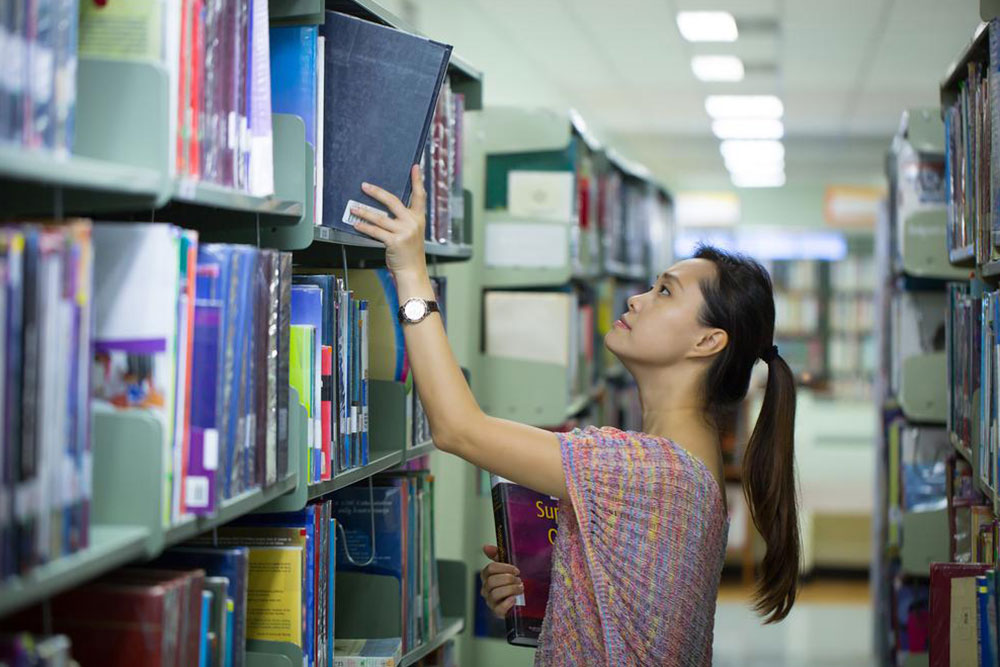Comprehensive Guide to Visiting Property Record Archives: Tips and Best Practices
Discover essential tips for visiting property record archives, including security protocols, device rules, copying procedures, and registration requirements. Enhance your research experience with these comprehensive guidelines and ensure successful access to valuable property documents while complying with facility regulations.

Comprehensive Guide to Visiting Property Record Archives: Tips and Best Practices
Public property record archives are invaluable resources for historians, researchers, estate professionals, and anyone interested in understanding property histories and ownership details. These archives contain a wealth of information, including property deeds, ownership history, legal descriptions, and related documents. However, accessing these archives effectively requires understanding certain protocols and guidelines set by each facility. This article provides an in-depth overview of essential tips and best practices to help you make the most of your visit to property record archives, ensuring a smooth and productive research experience.
Understanding Security Protocols: Entry to property archives is typically restricted to ensure the safety of sensitive information and maintain order within the facility. Visitors should be prepared to present valid government-issued identification such as a driver's license, state ID, or passport. Registration may be required, where you will submit your identification details to receive a research or access card. This process helps maintain secure access and tracks visitors to prevent unauthorized entry. Be aware that some archives may have specific hours of operation, and it is advisable to check their official website or contact the facility beforehand to confirm procedures and availability.
Electronic Device Usage and Conduct Guidelines: Most property archives have clear policies regarding the use of electronic devices like cameras, smartphones, tablets, and laptops. These rules are designed to preserve the integrity of the documents and prevent disruptions. Generally, visitors are expected to keep phones on silent mode to avoid noise disturbances. The use of cameras for photography may be restricted or require special permission, particularly if copying sensitive or fragile documents. Laptop usage is often permitted in designated areas, but it is essential to follow each archive’s specific rules. Researchers should plan ahead, bringing only necessary devices and ensuring they comply with the facility’s conduct policies to prevent any issues during their visit.
Reproducing and Copying Documents: One of the primary purposes of visiting property archives is to access documents for research or legal purposes. Most archives offer copying services for a modest fee, typically ranging from twenty to thirty cents per page. For more complex reproductions, such as large-format maps or fragile original documents, special arrangements or permissions may be necessary, often governed by copyright laws or preservation restrictions. It is essential to follow the archive’s guidelines for reproducing documents, as unauthorized copying or handling may result in penalties or damage to sensitive materials. Visitors should also inquire about available formats for copies, whether printed or digital, to suit their research needs.
Using Archive Materials for Publication and Research: If your research involves publishing data or images from the archives, it is crucial to obtain prior permission. Most archives require researchers or authors to submit formal requests or letters of intent outlining the intended use of the material. Permission ensures that proper credit is given and that copyright or usage rights are respected. Failing to secure these permissions could lead to legal complications or the removal of content from publication. Researchers should also verify any restrictions related to commercial use or derivative works and adhere to ethical standards of citation and acknowledgment when incorporating archived data into publications.
Registration and Membership Requirements: Access to property archives often involves a registration process. Eligibility criteria vary depending on the facility’s policies and may include different requirements based on age, affiliation, or purpose of visit. Some archives prioritize researchers, students, or licensed professionals, while others are open to the general public. Registration procedures are typically outlined on the archive’s official website, where you may need to provide identification, fill out forms, or agree to conduct policies. In some cases, annual memberships or visitor passes are available for frequent users, offering quicker access and additional services such as photocopying. Planning ahead and understanding registration requirements can streamline your visit, saving you time and ensuring compliance with all protocols.
In conclusion, visiting property record archives can significantly enhance your research by providing access to invaluable historical and legal documents. Familiarizing yourself with security procedures, device policies, copying regulations, and registration requirements is essential for a successful visit. Always check the specific policies of each facility in advance, prepare your identification and research tools, and approach the process with patience and respect for the archival staff and materials. With proper preparation, your visit to property archives can be highly productive and insightful, helping you uncover detailed property histories and legal information crucial for various research projects or legal matters.




